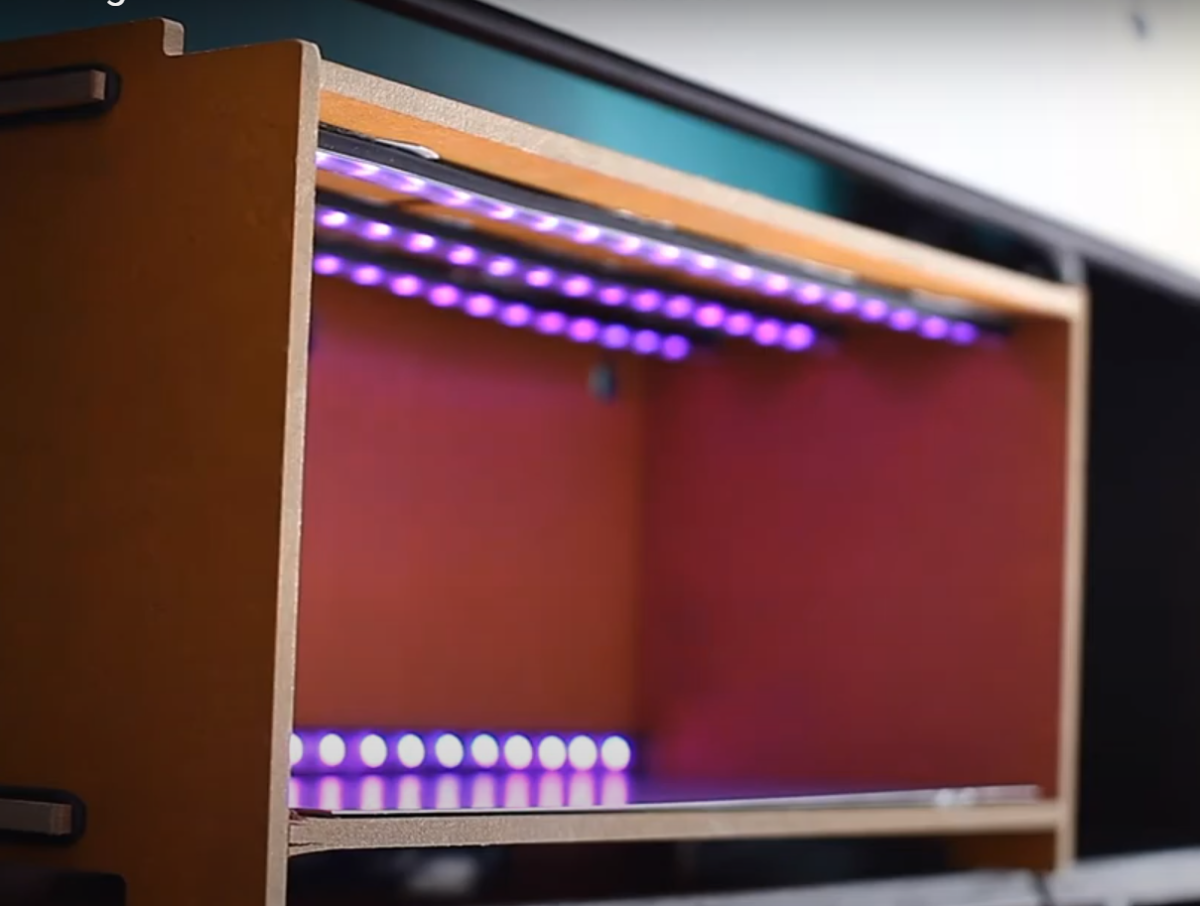Solar modules have become a staple ingredient in the fight against climate change. It turns out, however, that photovoltaics harbor additional world-saving potential. PV can be used in the fight against the spread of Covid-19, according to a startup that recently won a Covid-19 response hackathon.
The event saw 12.000 people from 100 countries rapidly develop ideas covering 12 big topics, including Covid-19. Similar events had been backed by governments, research institutes, and private corporations over the last few weeks. The hackathon, which surfaced the PV response idea, was backed by the European Space Agency, and supported by Estonian startup hub Garage48.
The winner, SunCrafter, developed a response to the Covid-19 outbreak by turning disused PV modules into hand sanitizers. The modules still generate enough electricity to power unique ultraviolet lamps that produce light at wavelengths that kill germs, including the coronavirus. The inventors state that the light remains safe for skin and eye contact. The modules are taken from commercial arrays that have reached end-of-life status.
SunCrafter is already well-seasoned in the handling of end-of-life modules. Headquartered at the Siemens innovation campus in Berlin, the startup collects modules from end-of-life commercial arrays and repurposes them to power remote communities.
Winning the ESA-backed hackathon meant that the Berlin team received €20.000 to scale the idea further. Lisa Wendzich, founder and chief executive, said that the company was now working with partners to identify how to manufacture significant numbers of the units in the coming weeks and months.
Popular content
“This technology could be used in field hospitals, refugee camps and urban slums in countries with poor energy supplies, as well as in public spaces in the global north,” she said.
Joana Kamenova, an outreach and business analyst at ESA, was one of 180 people to volunteer as a response mentor during the hackathon, and she helped to evaluate some of the proposals.
“There were very progressive ideas about tackling the current crisis. How do we support small businesses coming out of the current lockdown? How do we learn from this crisis and tackle climate change? To contemplate how the emerging solutions can be scaled up by using space data and technology is very exciting. Some of the ideas are truly epic,” she said.
This content is protected by copyright and may not be reused. If you want to cooperate with us and would like to reuse some of our content, please contact: editors@pv-magazine.com.



3 comments
By submitting this form you agree to pv magazine using your data for the purposes of publishing your comment.
Your personal data will only be disclosed or otherwise transmitted to third parties for the purposes of spam filtering or if this is necessary for technical maintenance of the website. Any other transfer to third parties will not take place unless this is justified on the basis of applicable data protection regulations or if pv magazine is legally obliged to do so.
You may revoke this consent at any time with effect for the future, in which case your personal data will be deleted immediately. Otherwise, your data will be deleted if pv magazine has processed your request or the purpose of data storage is fulfilled.
Further information on data privacy can be found in our Data Protection Policy.